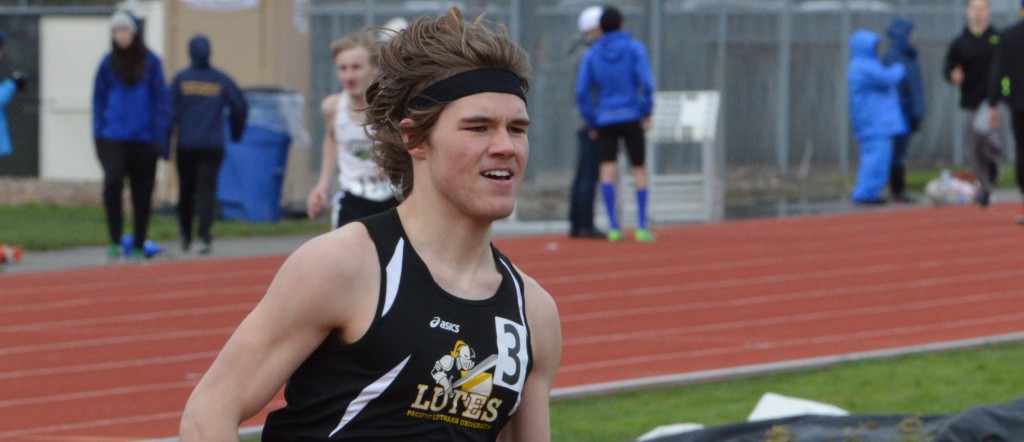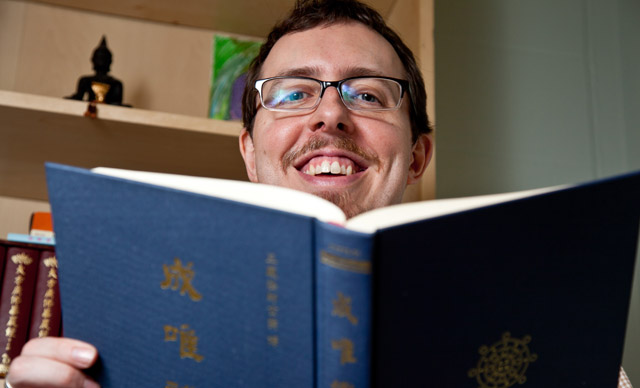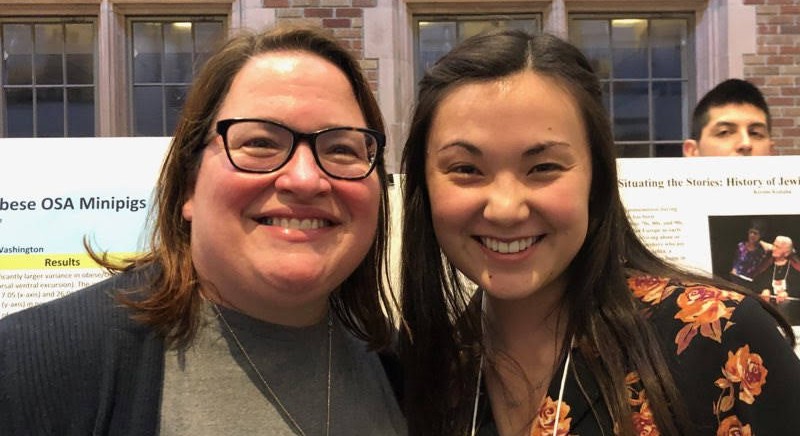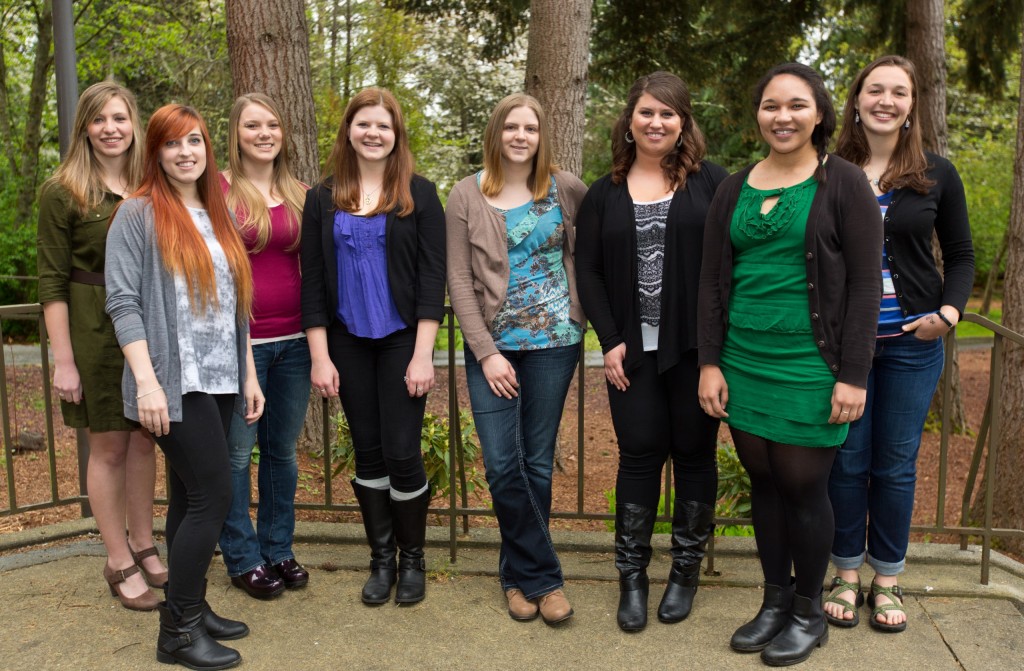Page 61 • (1,253 results in 0.028 seconds)
-

in Olson, and will eventually make its way to the Anderson University Center, for Lutes to share memories of Pfeifle. Jane Pfeifle wrote a beautiful tribute to her son for The Mast, PLU’s student newspaper. And members of student media created a Tumblr to collect memories electronically. They also plan to join ASPLU, Campus Ministry and Student-Athlete Advisory Committee (SAAC) to create a multimedia memorial project. ————————————————————————- Dear Campus Community: It is with deepest sorrow that
-
University-Chicago. In addition to teaching classes in the graduate and undergraduate theology programs, she also teaches in the Women’s Studies Program, the Institute of Pastoral Studies and the Catholic Studies Program. “I’ll be talking about the ways that beauty has been understood as a way to find God, how traditional ways of seeing beauty have objectified women and made beauty something ‘above’ the world, and how women’s practices of beauty – in the past and present – suggest ways of linking beauty
-

July 11, 2011 Erik Hammerstrom, Assistant Professor of Religion (Photo by John Froschauer) PLU prof awarded prize from Yale University By Chris Albert In late June, the Council on East Asian Studies at Yale University named PLU Assistant Professor Erik Hammerstrom the Stanley Weinstein Dissertation Prize winner for the academic years of 2008-2010. “At first I was kind of surprised – there are so many great dissertations,” he said. “It’s a great honor. It fills me with a lot of confidence that
-

philosophical essay. Princeton University Press. (PLU Library link) Environmental justice Deerinwater, Jen. (2022). Colonial forces of environmental violence on deaf, disabled, & ill indigenous people. Disability Studies Quarterly, 41(4). https://doi.org/10.18061/dsq.v41i4.8479 Gilio-Whitaker, Dina. (2019). As long as grass grows: The indigenous fight for environmental justice, from colonization to Standing Rock. Beacon Press. (PLU Library link) Glave, Dianne D. (2010). Rooted in the earth: Reclaiming the
-

Connection through Translation Posted by: hoskinsk / May 6, 2020 Image: Kiyomi Kishaba, English and Communication major and Professor Rona Kaufman, Associate Professor of English May 6, 2020 By Jenna Muller '20English MajorFor Kiyomi Kishaba, the act of translating Spanish texts is more than simple transcription. It’s an act of rebellion against historical oppression.Kishaba, an English Writing and Communications double major and a Theatre and Hispanic Studies double minor, worked with
-
has led me to a new project at PLU, too. I’m really fortunate to be working with a wonderful group of faculty and staff on developing an interdisciplinary program in Native American and Indigenous Studies here. My PLU colleagues in this project are Professors Suzanne Crawford-O’Brien (Religion), David Huelsbeck (Anthropology) and Carmiña Palerm (Hispanic Studies), as well as Angie Hambrick, Director of the Diversity Center. Working with partners and fellow educators in several Native American
-
inconsistent use of dialogue support some of the critiques and how a familiarity with the source material can challenge the popularity of an adaptation. In the end, I came to understand that these two elements exemplify what detracts viewers like me from enjoying Cracknell’s adaption: it does not experiment intentionally or through historically sourced material, as evidenced through the contemporary language and references to popular media. The film opens with a title card stating that it is “based on
-

Genocide, Then and Now: A Hotel Rwanda Survivor Tells His Story.” Samardich did much of the legwork involved in creating the network, Feller said. “She really wanted to pull together community partners, students and faculty in peace-building, but we didn’t have an umbrella organization. She said let’s call it a network—not just because of what it is, but because that’s the mission.” —Sandy Deneau Dunham SYDNEY BARRY Hometown: Helena, Mont. Major: Communication/Women’s & Gender Studies. Graduation: May
-
curiosity, keep them on track for graduation and prepare for post-graduate plans. Subject areas include African-American Studies, Architecture, Biochemistry and Biology, Economics, Film, Mathematics, Human Rights and International Affairs, Journalism, Psychology, Slavic Languages and Literature, Spanish, Sustainable Development and many others. Additionally, Columbia Summer offers subject-specific programs and certifications, including: Arts in the Summer Business Certifications of Professional
-
, behavioral health, public health, or a related scientific field and currently enrolled (or will be enrolled) in an undergraduate, community, or technical college program. Ideal candidates will be interested in pursuing medical or graduate studies in a biomedical or public health field. Students will participate in authentic basic science, or clinical/translational research projects under the mentorship of experienced researchers and principal investigators. The program also includes professional
Do you have any feedback for us? If so, feel free to use our Feedback Form.


